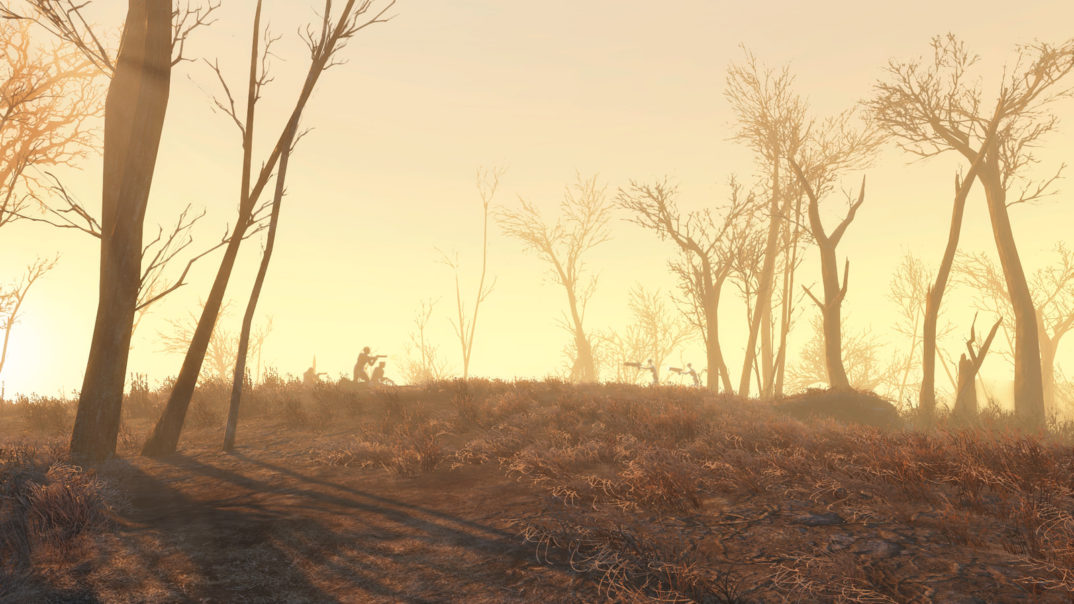Throughout the course of 2017, after a disappointing bottom line during the 2016 holiday season, Macy’s department store closed 100 of its locations nationwide. Gap Inc. announced last year that it would close 200 underperforming Gap and Banana Republic locations, with an eye toward shifting greater focus to online sales. Shopping malls across the country resemble ghost towns—lined with the empty façades of the retail giants that once were.
Continue reading “The Shifting Ethical Landscape of Online Shopping”


